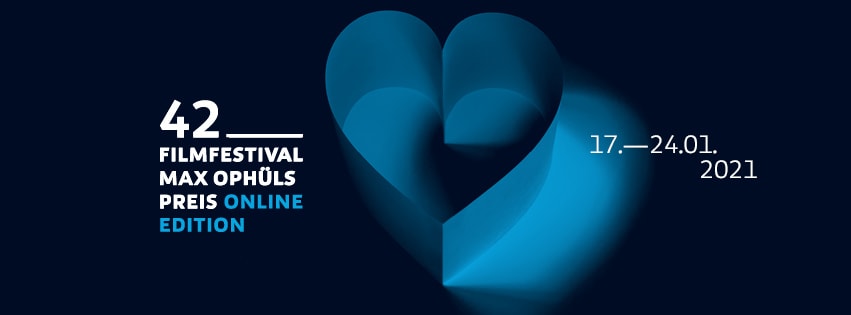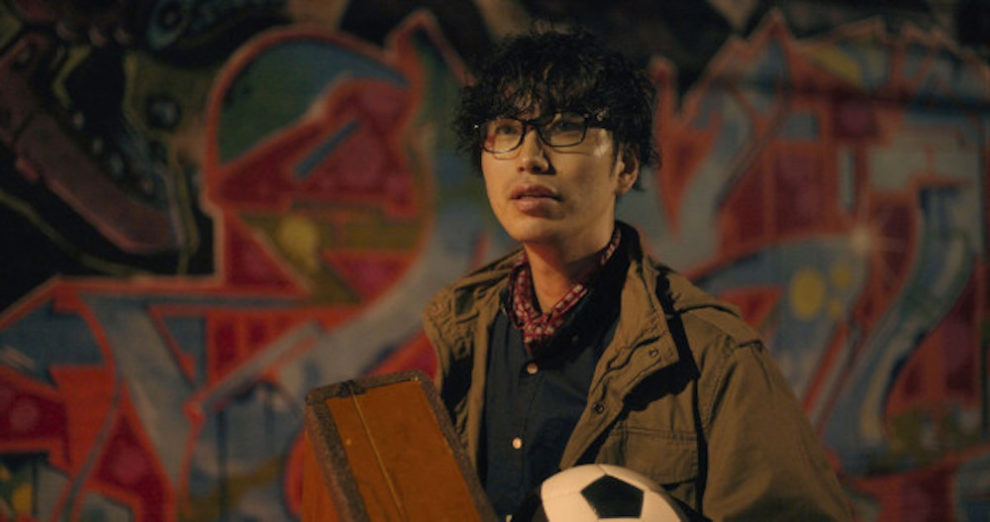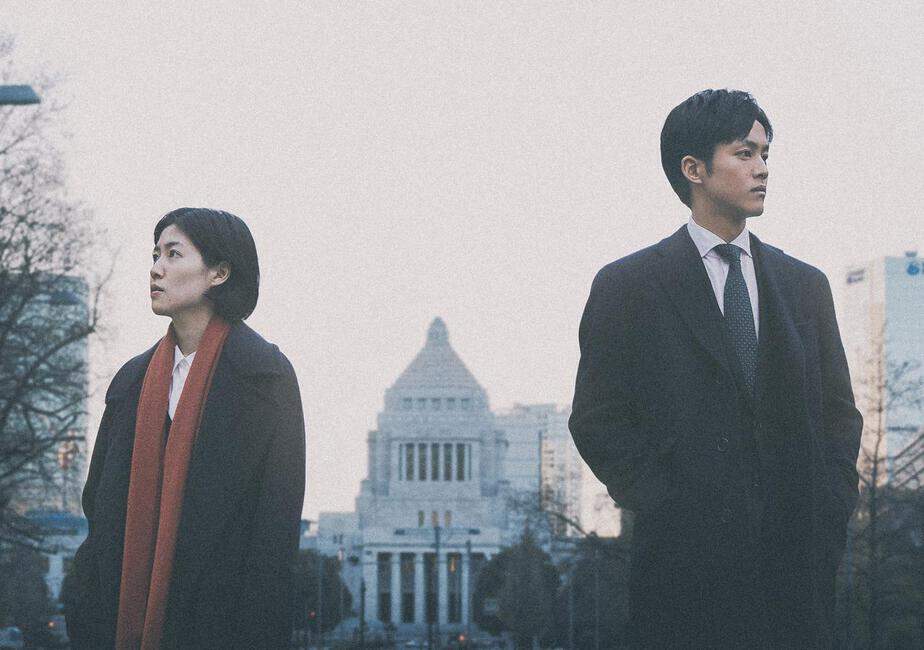Although out mother tongue seems perfectly easy to us, its rules obvious and its patterns predictable, even linguists can agree that every language presents its own set of pitfalls for those willing to learn it and those natives thinking they have mastered them. Tiny nuances, dialects and a different intonation can result in misunderstandings and even arguments, given the circumstances, and have often raised the discussion about creating a universal language, at least for diplomatic purposes. However, while projects such as the creation of Esperanto have failed, much of this issue is linked to our understanding of what a language is, which is often quite limited and lacks a certain kind of open-mindedness. For example, while our readings of a piece of art may vary, the general understanding of it is more or less the same, even though the cultural context may be different.
“Trumpet” is screening at Film Festival Max Ophüls

Perhaps this thesis may have been the inspiration for Swiss director Kevin Haefelin's short feature “Trumpet”, which was on the shortlist for the BAFTA Student Film Awards in 2020 and deals with music as a kind of universal language that can bridge the gap between people. The story revolves around Chioki, played by real-life jazz-musician Mao Sone, who has traveled to New York City, where he hopes to live for a while and be able to experience the unique kind of music of the American city and see the birthplace of jazz for himself. However, after a long taxi ride and a misunderstanding with the driver about his destination, he eventually lands in Brooklyn without his cellphone and his wallet, because he left both items in the cab. Since it is late at night and he desperately wants to get to his hotel, he tries to communicate with the few locals left on the street, creating more misunderstandings dues to Chioki's insufficient knowledge of the English language.
As much as “Trumpet” is a feature about communication, it also deals with one of the essentials of jazz music, namely the concept of improvisation and adaptation. From the very first moments on, we know Chioki may have a tough time in the metropolis, already indicated by his inability to communicate with the cab driver and vice versa. While his pleas to the driver to speak slowly and the translation app on his phone offer very little help, both men seem to understand each other the moment the radio plays a Miles Davis-song, which suddenly erases all language barriers between the two men. Throughout the story, music, not only jazz, offers a much-needed bridge between people, but also supports the idea of Chioki adapting to his surroundings, finding other means of expression.
This is combined with Haefelin's sense of slapstick comedy and the texture of the city. Supported by Leandro Monti's cinematography, reminiscent of the works of Jim Jarmusch or Woody Allen, as well as Mao Sone's score, “Trumpet” becomes not only a quite funny feature, but also filed with a certain love for the city, its street and its people. Especially the music seems to encapsulate these notions, along with a profound feeling of finally having arrived, of culture and an understanding which is perhaps deeper than any language can be.
In the end, “Trumpet” is a quite entertaining short feature about the power of music as a means to establish a connection to people and places. With the right combination of comedy and drama, Kevin Haefelin has managed to create a story about the love for music, for the city, but also for the people living in it.















